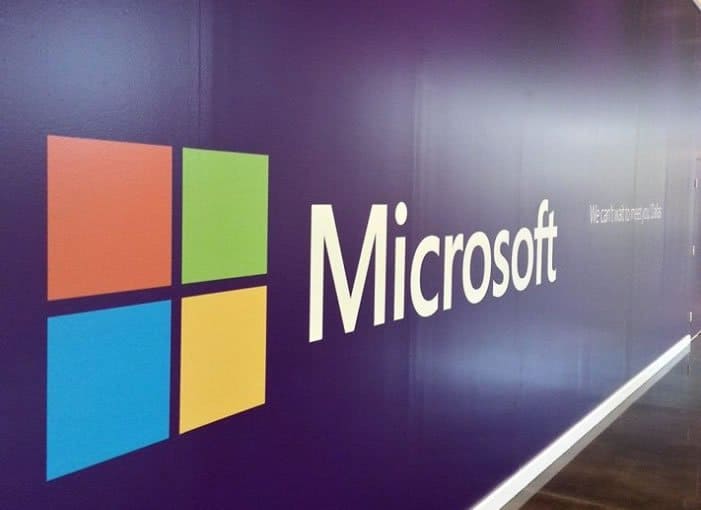The on again, off again relationship between Microsoft and China appears to be on the rocks due to a new antitrust inquiry. The New York Times is reporting that Chinese regulators are poised to open a new antitrust investigation into Microsoft.
Perhaps the governmental raids conducted by the State Administration for Industry and Commerce (SAIC) on Microsoft Offices in the area were able to surface enough to warrant the new investigation. During the seizures, the SAIC obtained Microsoft contracts, records, electronic data such as email and company communication, while also conducting several rounds of interviews of staff and executives.
While the raids were carried out under the pretense of gaining answers to questions the SAIC failed to make clear, the results of its investigation went mostly unquestioned. Without a clear case laid out as to what the SAIC was looking into Microsoft for, or any social publishing’s of the raids, some have speculated that the initial investigation was spurred by the company ending support of its Windows XP software that is used heavily by many Chinese government offices and businesses. Even though Windows XP usage in China was done mainly through pirated copies of the software, Microsoft’s recent decision shined a spotlight on how dependent even China’s government had become on its utility.
Perhaps, in relation to Microsoft’s decision, a news agency in China called Xinhua recently posted an article that offers a bit of clarification on the investigation and the new allegations. Xinhua claims that without releasing information about its mainly proprietary Windows operating system and Office Suite, Microsoft purposefully caused ‘incompatibility problems.’ Due to the significance that Windows, especially XP, holds in China, a move that creates ‘incompatibility problems’ to such a degree can be held as an anticompetitive offense.
It should be noted that the Chinese government has been working on releasing its own Linux-based operating system for some time now. The new Linux-based OS being called NeoKyklin also happens to look oddly familiar to Windows XP. Tangentially, the raids issued on Microsoft property were designed to force the company to “fully disclose information of its Windows operating system and Microsoft Office applications.” Whether or not this information has any relation to the antitrust claims is pure conjecture at this point.
Regardless of the history between China and Microsoft, the company is maintaining that it has always taken the claims seriously and are trying to comply with the SAIC’s inquiries, according to a Microsoft spokesman who conversed with the New York Times.


